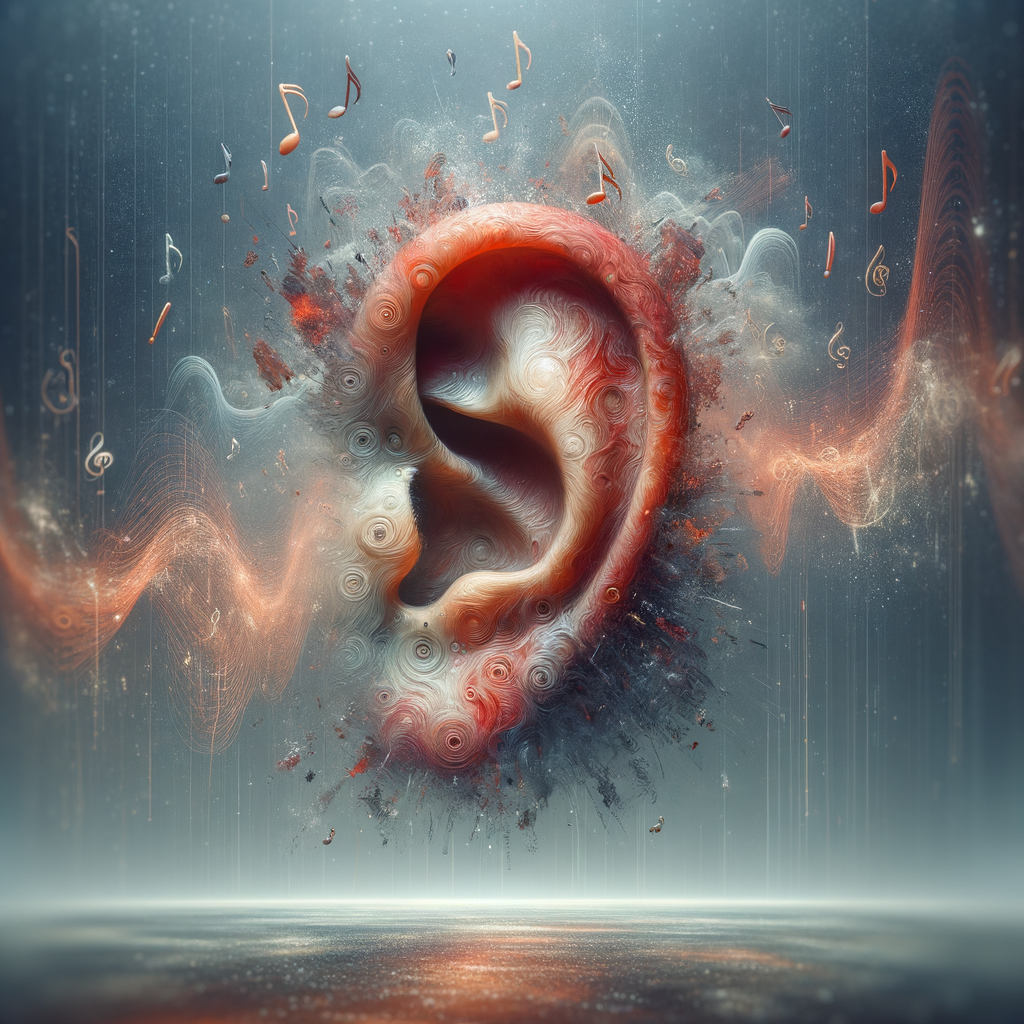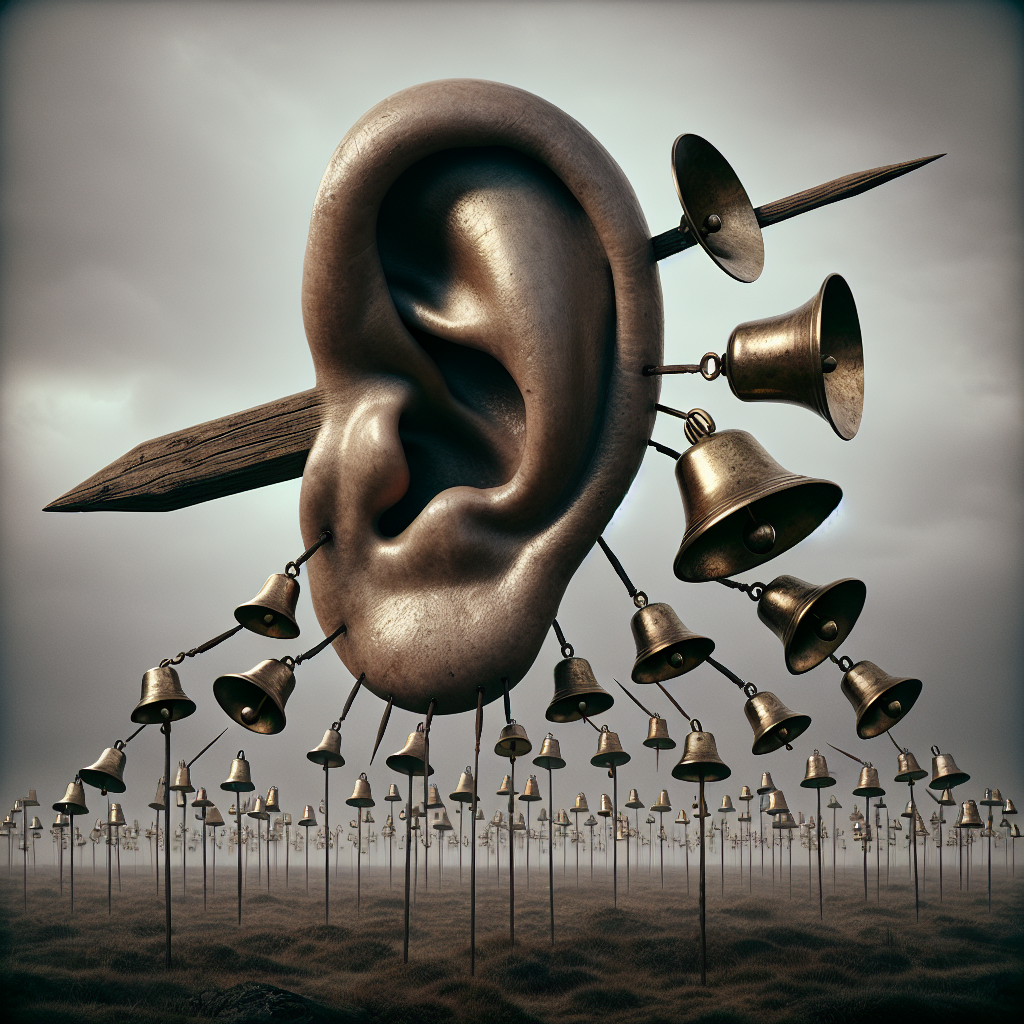Understanding Tinnitus Injury: Causes, Symptoms, and Treatment

Tinnitus, a common condition affecting millions of people worldwide, is often described as a ringing, buzzing, or hissing sound in the ears. It can be a symptom of an underlying condition such as age-related hearing loss, ear injury, or a circulatory system disorder. This article delves into the causes, symptoms, and treatment options for tinnitus injury.
What is Tinnitus Injury?
Tinnitus injury refers to the onset of tinnitus symptoms following physical trauma or injury to the ear. This could be due to exposure to loud noise, a blow to the head, or an ear infection. The injury can damage the inner ear, leading to the perception of sound when no external sound is present.
Causes of Tinnitus Injury
Several factors can contribute to tinnitus injury. These include:
- Exposure to loud noise: This is one of the most common causes of tinnitus. It can result from a single exposure to a very loud sound or repeated exposure to loud sounds over an extended period.
- Earwax blockage: Excessive earwax can cause hearing loss or irritation of the eardrum, both of which can lead to tinnitus.
- Changes in the ear bones: Stiffening of the bones in your middle ear (otosclerosis) can affect your hearing and cause tinnitus.
Symptoms of Tinnitus Injury
The primary symptom of tinnitus is hearing sound when no external sound is present. The sound may be described as:
- Ringing
- Buzzing
- Roaring
- Clicking
- Hissing
These phantom noises may vary in pitch and occur in one or both ears. In some cases, the sound can be so loud that it interferes with your ability to concentrate or hear actual sound.
Treatment Options for Tinnitus Injury
While there’s no cure for tinnitus, there are treatment options that can help lessen the impact of the condition. These include:
- Sound therapy: This involves the use of external noise to alter the perception of, or reaction to, tinnitus.
- Cognitive behavioral therapy (CBT): This type of therapy can help you learn how to cope with tinnitus by changing the way you think about and respond to it.
- Hearing aids: These can be especially helpful if you have hearing problems as well as tinnitus.
Conclusion
Tinnitus injury can significantly impact a person’s quality of life, causing distress and difficulty in concentrating. However, understanding the causes and symptoms of this condition is the first step towards managing it effectively. While there’s no cure for tinnitus, treatments such as sound therapy, CBT, and hearing aids can help reduce its impact. If you’re experiencing symptoms of tinnitus, it’s important to seek medical advice to determine the best course of treatment for you.
Meta Keywords: Tinnitus Injury, Causes of Tinnitus, Symptoms of Tinnitus, Treatment for Tinnitus, Sound Therapy, Cognitive Behavioral Therapy, Hearing Aids
Note: As an AI, I’m unable to generate images. Please consider using an image of an ear or a person holding their ear to reflect the subject matter.







